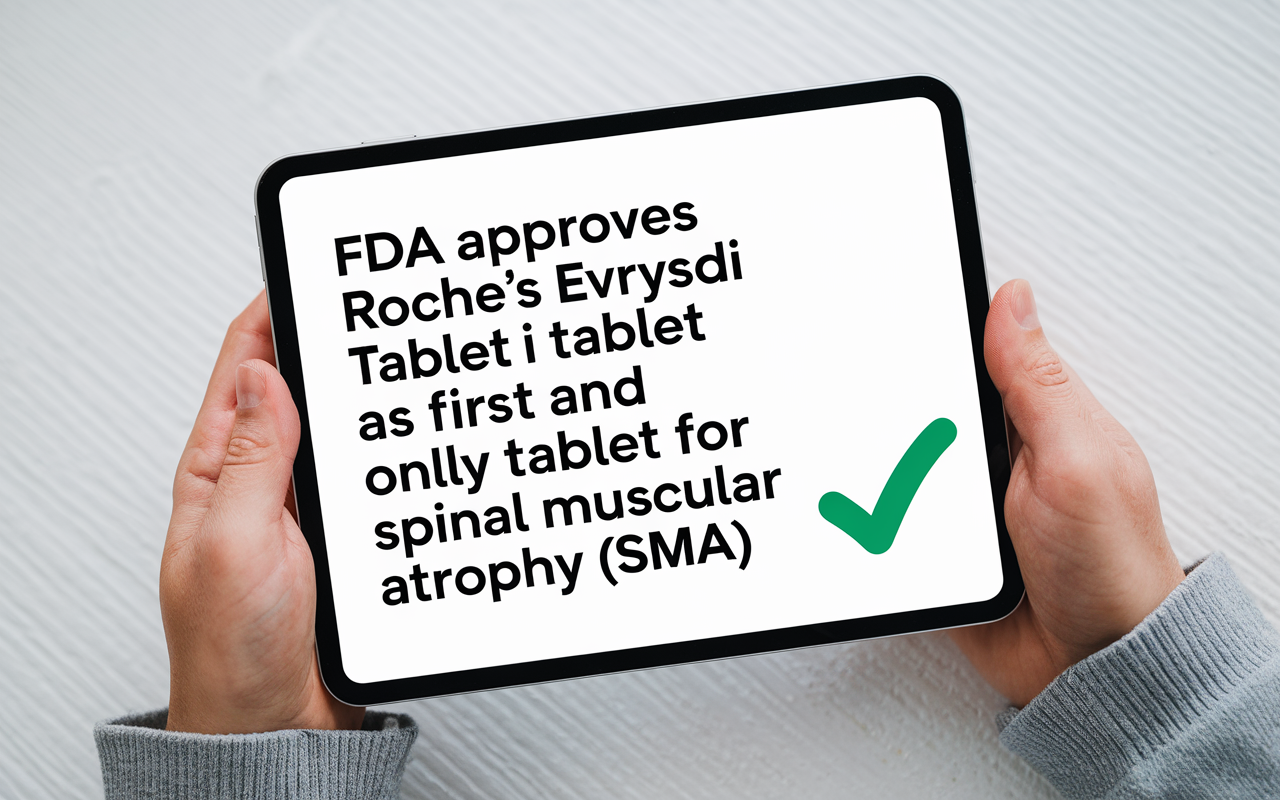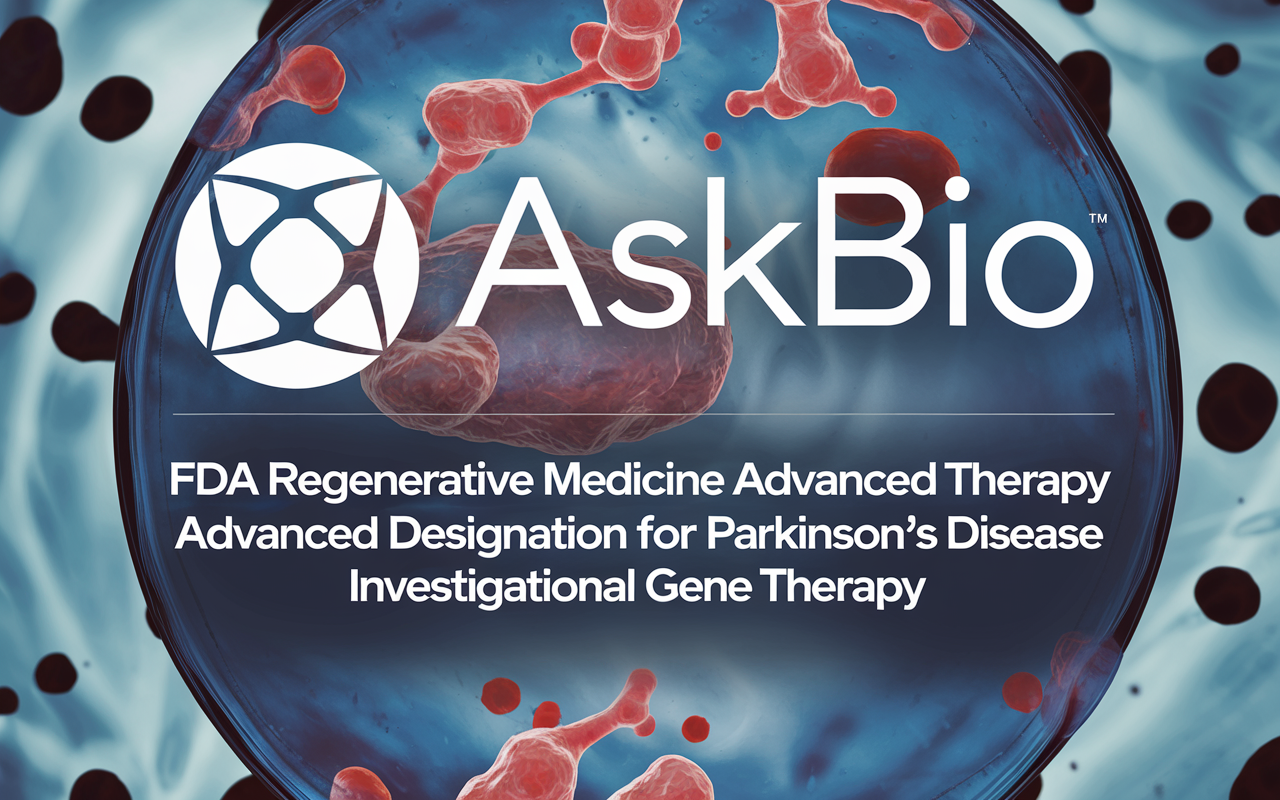Welcome BioPharmaPulse Readers
In this issue, we're thrilled to bring you the latest breakthroughs reshaping the biopharmaceutical landscape. From innovative drug delivery systems to promising new therapies, let's explore the developments poised to transform patient care.
What's in this issue:
- 🧠 Discover how scientists are delivering drugs directly to the brain.
- 💊 Learn about the FDA's approval of the first tablet treatment for Spinal Muscular Atrophy.
- 🧬 Explore how a new gene therapy is gaining ground in Parkinson's disease treatment.
- ❤️ Uncover how a common drug shows promise against a rare heart condition.
Quote of the Day
"Science knows no country, because knowledge belongs to humanity, and is the torch which illuminates the world." – Louis Pasteur
Latest News
🧠 NUS Medicine pioneers ground-breaking technique to deliver drugs directly to the brain (1 minute read)

Rundown: Scientists at NUS Medicine have developed a novel technique to deliver therapeutic molecules directly to the brain, bypassing the blood-brain barrier. Led by Dr. Haosheng Shen, the team utilizes a naturally occurring nasal bacterium, Lactobacillus plantarum, to transport drugs via the nasal passage. This innovative approach could pave the way for new treatments for neurological conditions that are otherwise difficult to address due to this protective barrier.
Keypoints
- 🚀 Developed a new method to deliver drugs directly to the brain.
- 🦠 Utilizes nasal bacterium Lactobacillus plantarum as a delivery vehicle.
- 🧠 Bypasses the blood-brain barrier for efficient therapeutic delivery.
- 💡 Potentially opens new avenues for treating neurological disorders.
Why it matters: The blood-brain barrier has long been a significant hurdle in treating brain diseases. This breakthrough technique could revolutionize how we approach neurological therapies, potentially improving outcomes for patients with conditions like Alzheimer's, Parkinson's, and brain cancers.
💊 FDA approves Roche's Evrysdi tablet as first and only tablet for Spinal Muscular Atrophy (SMA) (1 minute read)

Rundown: Roche announced that the FDA has approved Evrysdi® (risdiplam) tablets for the treatment of spinal muscular atrophy (SMA). Evrysdi is now the first and only non-invasive, disease-modifying treatment for SMA in tablet form, providing a convenient option for patients. The 5 mg tablet can be swallowed whole or dispersed in water, making administration more accessible for those affected.
Keypoints
- 🎉 Evrysdi tablets approved by FDA for SMA treatment.
- 💊 First and only oral tablet form for SMA therapy.
- 🚫 Non-invasive, disease-modifying treatment.
- 🤝 Offers convenient administration for patients.
Why it matters: This approval marks a significant advancement in SMA treatment, offering patients an easier and less invasive way to manage their condition. It enhances patient compliance and accessibility, potentially improving quality of life for those living with SMA.
🧬 AskBio Receives FDA Regenerative Medicine Advanced Therapy designation for Parkinson's disease investigational gene therapy (1 minute read)

Rundown: AskBio has announced that the FDA granted Regenerative Medicine Advanced Therapy (RMAT) designation for its investigational gene therapy, AB-1005, targeting Parkinson's disease. The RMAT designation is intended to expedite the development and review processes for promising regenerative medical therapies. This recognition underscores the potential of AB-1005 to address unmet medical needs in Parkinson's treatment.
Keypoints
- 🏆 FDA grants RMAT designation to AskBio's gene therapy AB-1005.
- 🧠 Targets Parkinson's disease with innovative approach.
- 🚀 RMAT status accelerates therapy development and review.
- 🌟 Highlights potential to meet unmet medical needs.
Why it matters: The RMAT designation could streamline the path toward bringing this novel gene therapy to patients suffering from Parkinson's disease. This advancement may offer new hope for improved treatments in a condition that affects millions worldwide.
Question of the day
🤔 What potential impact do you think gene therapies will have on neurological diseases in the next decade?
- Significantly improve treatment outcomes
- Some advancements, but challenges remain
- Limited impact due to complexities
Industry Insight
🧩 Breaking Through: Navigating the Blood-Brain Barrier in Drug Development
The blood-brain barrier (BBB) is a critical gatekeeper, protecting our central nervous system from harmful substances. However, it also poses a significant challenge for delivering therapeutic agents to treat neurological diseases. Understanding innovative strategies to bypass or traverse the BBB is essential for advancing treatments for conditions like Alzheimer's, Parkinson's, and brain tumors.
Recent developments, such as utilizing nasal bacteria to ferry drugs directly to the brain, showcase the creative approaches scientists are adopting. By learning about these strategies, we can appreciate the complexities of drug design and the potential they hold for revolutionizing neurological therapies.
Quick Hits
❤️ Common drug shows promise against rare type of heart disease (1 minute read)
- Researchers at the University of Arizona found that an osteoporosis drug may counter a genetic mutation causing dilated cardiomyopathy. The findings suggest that the drug could be repurposed to treat this rare heart condition.
🌄 Daily drug captures health benefits of high-altitude, low-oxygen living (1 minute read)
- Scientists developed a drug that mimics the effects of high-altitude living, potentially offering therapeutic benefits for people with inherited mitochondrial diseases by extending lifespan and reducing symptoms.
⚠️ Nationwide Recall of Vitality Capsules Due to Undeclared Sildenafil and Tadalafil (1 minute read)
- One Source Nutrition has issued a voluntary recall of Vitality capsules after FDA analysis found them to contain undeclared sildenafil and tadalafil. Consumers are advised to discontinue use and return the product to the place of purchase.
Wrap up
As we continue to witness remarkable strides in biopharmaceutical innovation, it's clear that the future of medicine is bright. These breakthroughs not only offer hope but also underscore the relentless dedication of scientists and researchers worldwide. Thank you for joining me on this journey through the latest advancements. Stay tuned for more insights, and feel free to share BioPharmaPulse with colleagues who share our passion for transforming healthcare.
Best regards,
Elliot Reeves | BioPharmaPulse
😃 How did you like today's email?
- 😀 Loved it
- 🙂 It was OK
- 😕 Could be better
